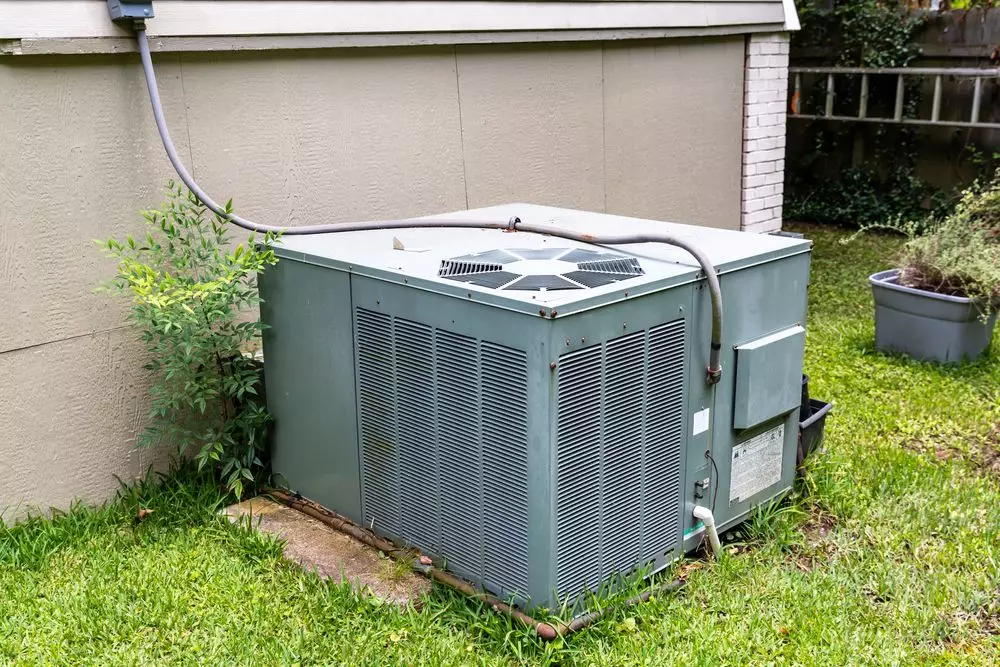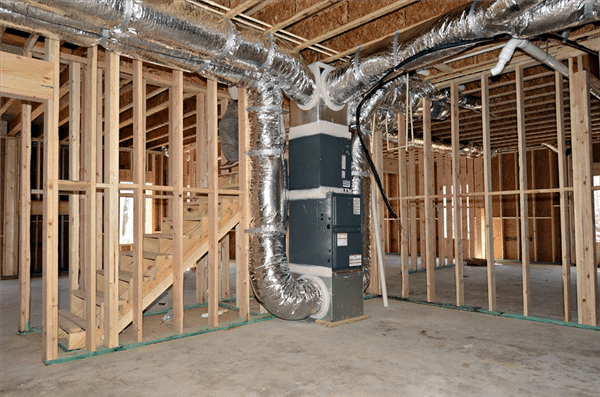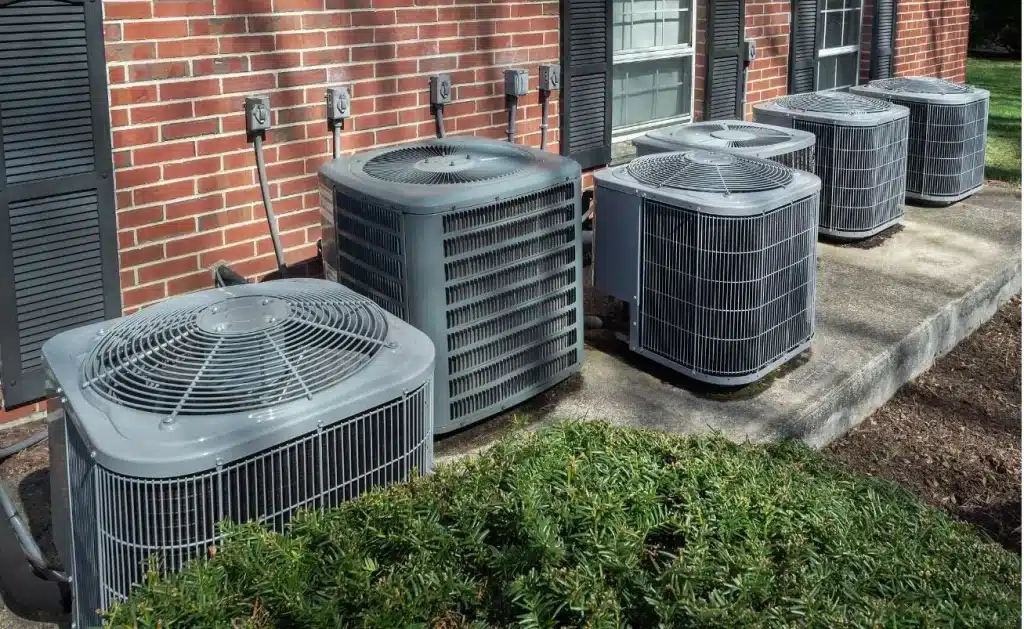In the realm of home maintenance and improvement, few decisions carry as much weight as the replacement of HVAC systems. Homeowners often find themselves grappling with a crucial question: Should the ductwork accompanying the HVAC unit also be replaced? This decision isn’t just a matter of preference; it holds significant implications for the efficiency, longevity, and overall comfort of the home. To navigate this dilemma effectively, it’s essential to understand the various factors at play and the considerations that should inform the decision-making process.
The Importance of Ductwork
Ductwork serves as the circulatory system of a home’s HVAC infrastructure. Its primary function is to distribute heated or cooled air to different areas of the house, ensuring consistent comfort levels throughout. However, over time, ducts can become susceptible to a myriad of issues that can compromise their functionality and efficiency.

One of the most common problems encountered with aging ductwork is the accumulation of dust, debris, and other contaminants. These particles not only diminish indoor air quality but can also obstruct airflow, forcing the HVAC system to work harder to maintain desired temperature levels. Additionally, ducts may develop leaks or suffer from corrosion and deterioration, further exacerbating efficiency issues and leading to energy wastage.
Factors Influencing Replacement
Several factors come into play when determining whether ductwork should be replaced alongside an HVAC unit. The age and condition of the existing ducts are primary considerations. If the ductwork is relatively new and free from significant damage or deterioration, replacement may not be necessary. However, if the ducts are nearing the end of their lifespan or exhibit signs of extensive wear and tear, replacement becomes a more viable option.
Another crucial factor to consider is the type of HVAC system being installed. Different HVAC units have varying requirements in terms of duct size, design, and compatibility. In cases where the new HVAC unit differs significantly from the previous one, existing ductwork may need to be replaced or modified to ensure optimal performance.
The Case for Replacement
In many instances, replacing ductwork concurrently with an HVAC unit replacement is advisable. Aging ducts that are riddled with leaks, corrosion, or other forms of damage can significantly impede the performance of the new HVAC system. Even the most advanced and energy-efficient HVAC units will struggle to deliver optimal results if paired with subpar ductwork.
Moreover, if the new HVAC unit is substantially larger or more powerful than its predecessor, the existing ductwork may be inadequate to accommodate the increased airflow requirements. Attempting to force a mismatched HVAC unit to work with undersized or incompatible ducts can lead to uneven heating or cooling, reduced energy efficiency, and premature system failure.

Cost Considerations
Undoubtedly, the prospect of replacing ductwork can be daunting from a financial standpoint. The cost of duct replacement can vary significantly depending on factors such as the size of the home, the complexity of the duct system, and any additional modifications required. However, it’s essential to view duct replacement as a long-term investment rather than a mere expense.
While the upfront cost of replacing ductwork may seem steep, the potential long-term benefits far outweigh the initial expenditure. Upgraded ductwork can improve airflow, enhance energy efficiency, and prolong the lifespan of the HVAC system, ultimately resulting in lower utility bills and reduced maintenance costs over time.
Alternatives to Replacement
In cases where ductwork is relatively new or in decent condition, alternatives to full replacement exist. Duct sealing and insulation are cost-effective measures that can address common issues such as air leaks, thermal loss, and condensation buildup without the need for extensive duct replacement.
Duct sealing involves the application of specialized sealants or tapes to seal off leaks and gaps in the ductwork, preventing conditioned air from escaping and unconditioned air from infiltrating. Meanwhile, duct insulation helps to minimize heat transfer and maintain consistent temperature levels within the ducts, improving overall energy efficiency.
Professional Assessment
Given the complexity of HVAC systems and ductwork, homeowners are strongly advised to seek professional guidance when contemplating replacement or repair. HVAC technicians possess the expertise and specialized equipment needed to assess the condition of existing ducts accurately and determine the most appropriate course of action.
During a comprehensive duct inspection, technicians will evaluate factors such as duct design, material quality, airflow dynamics, and overall system performance. Based on their findings, they can provide informed recommendations regarding duct replacement, repair, or enhancement to optimize HVAC efficiency and performance.

Conclusion
In conclusion, the decision of whether to replace ductwork alongside an HVAC unit replacement is not one to be taken lightly. While there is no one-size-fits-all answer, careful consideration of various factors such as duct condition, system compatibility, and long-term cost-effectiveness is paramount.
Ultimately, the goal is to achieve a harmonious balance between performance, efficiency, and affordability. By consulting with qualified HVAC professionals, homeowners can make well-informed decisions that prioritize comfort, energy savings, and the longevity of their HVAC systems. Whether opting for duct replacement, repair, or alternative solutions, proactive maintenance and attention to ductwork are essential for ensuring optimal indoor comfort and air quality for years to come.






GIPHY App Key not set. Please check settings